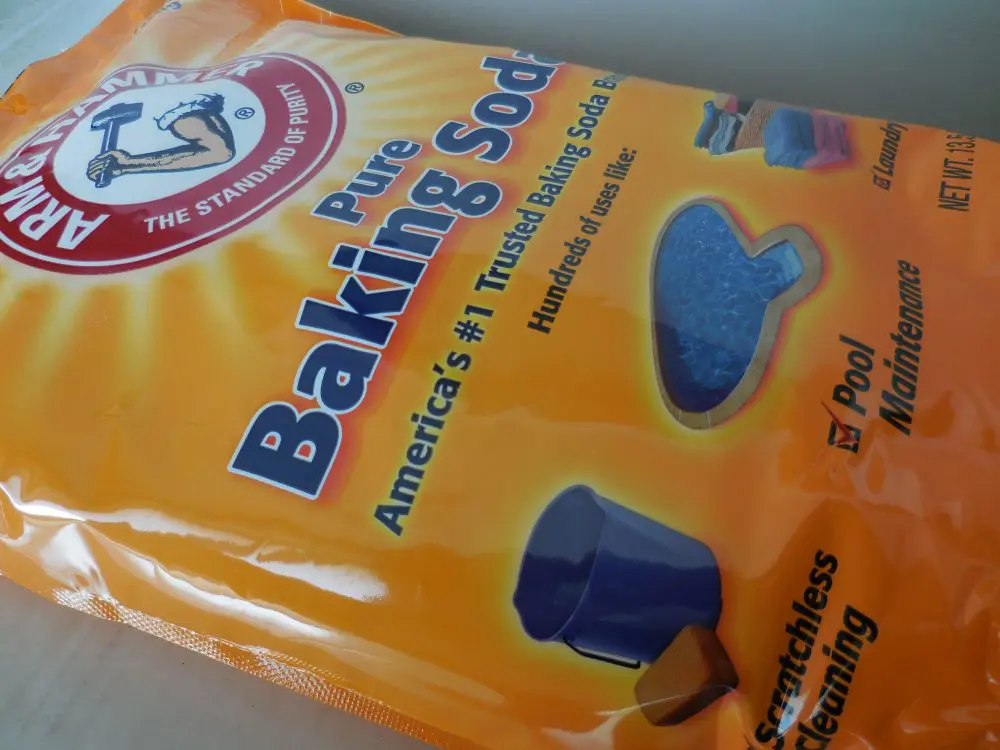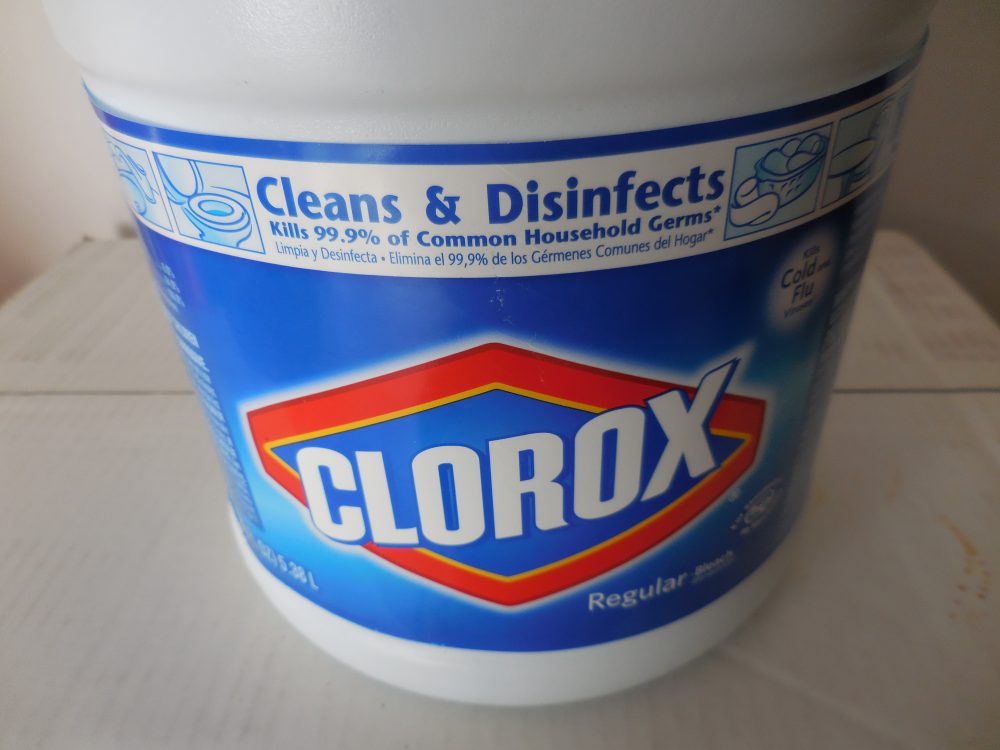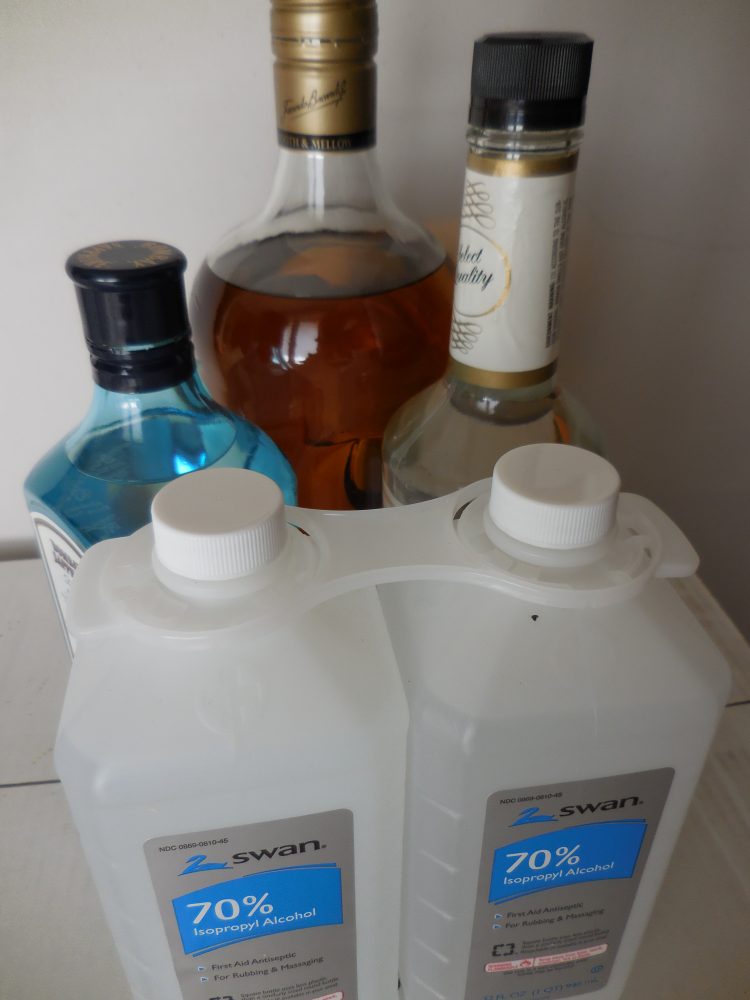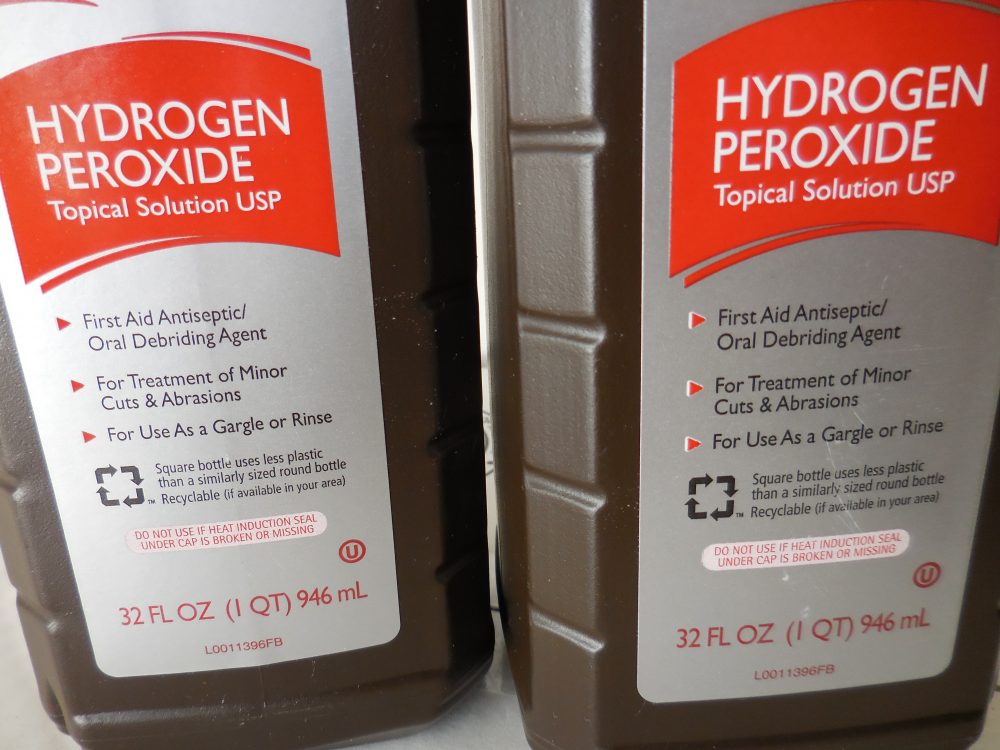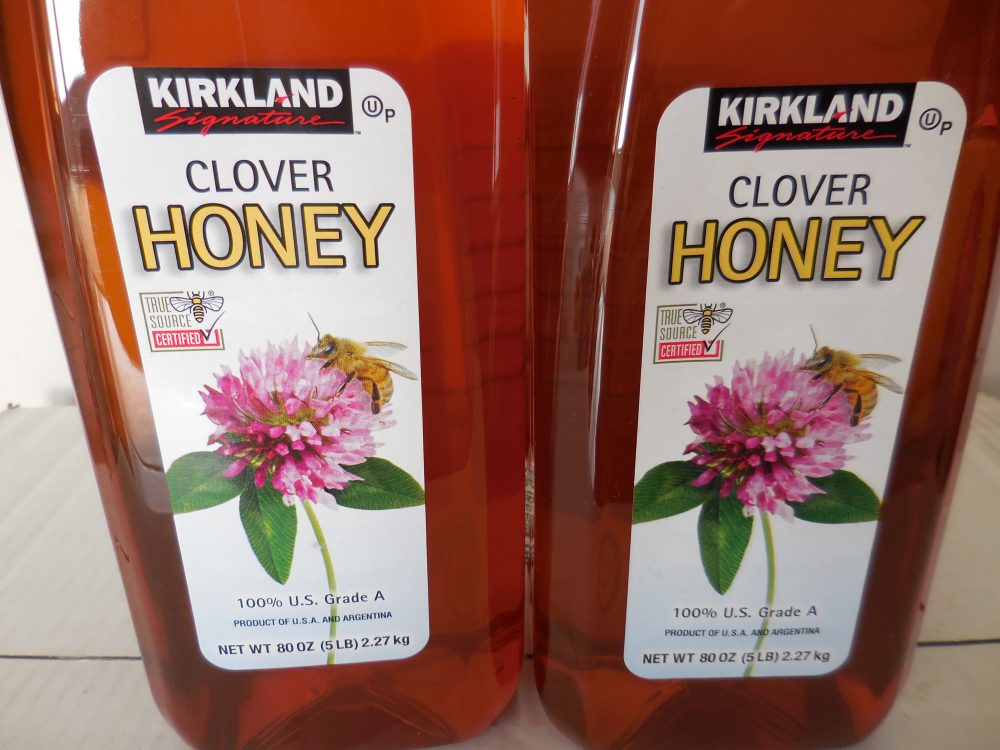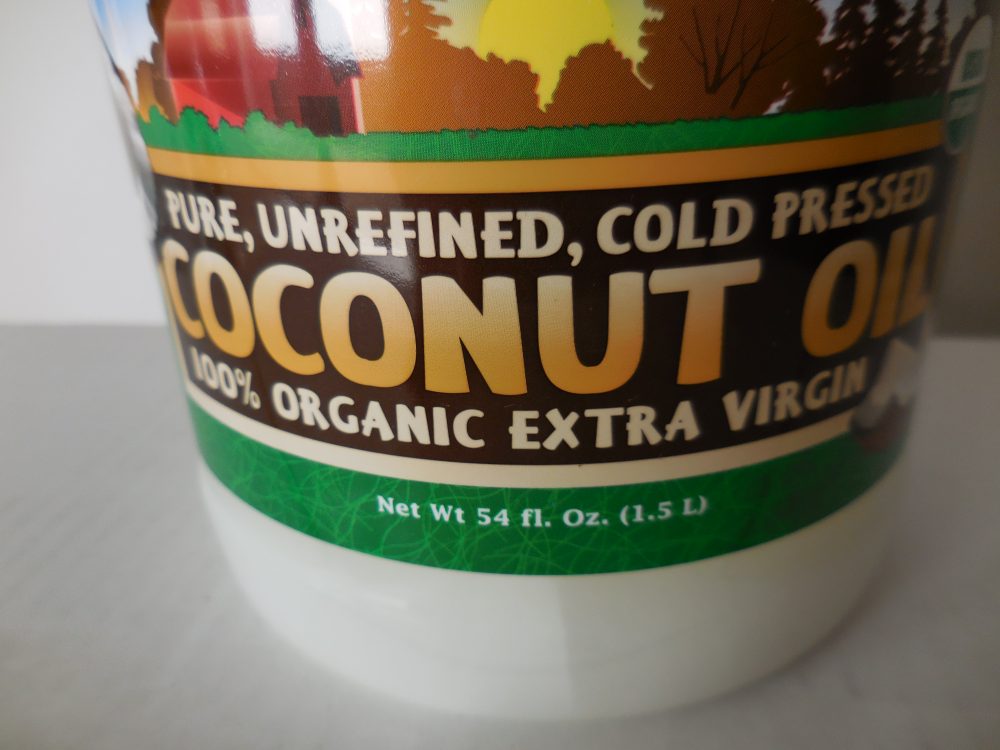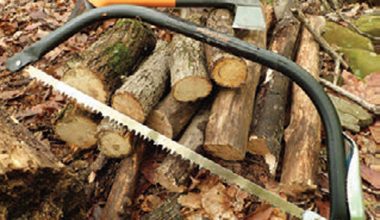The most successful survival strategies are usually the ones that focus on the basics—food, water, first aid, medical, sanitation/hygiene, self-defense, security, and of course, knowing when to stay put and when to get out. These are all crucial for staying alive, especially during a disaster aftermath, when you’ll most likely come face-to-face with the maximum chaos and turmoil.
But what about a longer-term crisis situation? Imagine a scenario that extends for weeks, or worse yet, months? Even if you have food, water and the other basics secured, for the long term you must attend to many other aspects of daily life.
While few of us can ever hope to have a perfect plan, or to stockpile all the possible supplies we may need for every situation, we can store many supplies for use in a variety of different situations. For longer-term situations, the focus shifts to multi-purpose items and supplies that afford the most flexibility, especially during times of increased scarcity, stress and uncertainty.
Table of Contents
THE BIG SEVEN
The Big Seven consist of a variety of familiar household products that many people already have buried somewhere in their kitchen cabinets or pantry. They are all very easy to obtain and store, and are relatively inexpensive. Here are the seven most indispensable multi-purpose super-items and some of the many uses for these supplies.
Store baking soda in a cool, dry place. But even under ideal conditions, baking soda deteriorates. How can you tell? Add two teaspoons of vinegar to ¼ cup of baking soda. If it bubbles, the baking soda is good.
Baking Soda
It’s almost impossible to talk about multi-purpose household products without starting with the granddaddy of them all—baking soda. Many of us are familiar with baking soda in the kitchen and maybe in the refrigerator as a deodorizing agent. Not so many know the hundreds of other possible uses for this miracle product. Baking soda can potentially stand in for, or replace, dozens of other products. Baking soda is cheap, stores well, and will last for years. Here are just a few of its many uses.
- To clean and deodorize just about anything. Baking soda is a healthier, natural (non-toxic) cleaner and deodorizer that can stand in for many commercial chemical-based products. Knowing this, you may not want to wait for a disaster before you begin using baking soda. Mix ½ cup vinegar and ¼ cup baking soda with ½ gallon of water to make a natural all-purpose household cleaner.
- Clean pots and pans. Water in short supply? Wipe down the items you want to clean, apply a tablespoon of baking soda with a teaspoon of white vinegar, rub the dirty surface with the mixture, rinse with a small amount of water, and repeat.
- Hand cleanser: Make a paste by mixing baking soda with a small amount of water, rub into hands, and rinse. Also works as a face wash. (Avoid direct contact with eyes.)
- Deodorant: Mix a teaspoon of baking soda with a bit of water and rub it under your arms.
- Foot soak: Get rid of foot odor and fungus by soaking feet for 30 minutes in a solution of warm water with half a cup of baking soda. If water is in short supply, make a solution with water and baking soda, spray it on your feet, leave it on for 15 to 20 minutes, wipe off the excess, and repeat.
- Sunburn: Apply a compress with baking soda and water for immediate relief.
- Hair care: Use one cup of water and one tablespoon of baking soda to wash hair, rinse, and dry.
- Soothes bug bites: Mix two tablespoons of baking soda with one tablespoon of warm water, apply to affected area with clean hands, leave on for 30 minutes, rinse, and repeat.
- Toothpaste: Mix baking soda with coconut oil or hydrogen peroxide to help keep teeth clean, fresh, and white. The whitening part may not be a big deal during a disaster, but keeping teeth clean and healthy certainly is, especially since you may not have access to a dentist.
- Mouthwash: Dissolve one or two teaspoons of baking soda in a glass of water to make a soothing and refreshing mouth rinse. Also effective for treatment of mouth ulcers, sores, and bad breath.
- Upset stomach and acid indigestion: Take ¼ teaspoon in a glass of water for relief.
- To keep drains flowing: Put one to two tablespoons of baking soda directly into the drain, add ¼ cup of water followed by a cup of white vinegar. Let sit for a few hours and flush with hot water.
- Fire extinguisher: Throwing baking soda on flames produces carbon dioxide and starves the fire of oxygen. Not my first choice to fight a fire, but good in a pinch.
Store white vinegar in a cool, dark area and keep the bottle tightly closed when not in use. It’s usually best quality if used within two years from date of purchase.
White Vinegar
With so many uses, white vinegar (as well as apple cider vinegar) deserves a special place in your survival pantry. These natural products are cheap, store well, and are extremely versatile.
- As a cleaning agent and deodorizer, especially when combined with baking soda.
- As an air freshener and to kill germs.
- Soothe skin and relieve the itching and burning associated with bug bites and sunburn.
- Keep away fruit files, disinfect wood cutting boards and counter tops.
- Tenderize meat, clean and preserve produce, and freshen wilted vegetables.
- Soothe a sore throat, relieve an upset stomach, relieve aching muscles, and help maintain blood sugar levels (a teaspoon).
- Clean, deodorize and disinfect dentures and other oral appliances.
- Add apple cider vinegar to meals to aid in digestion and avoid acid reflux, or for flavor, use as a lemon substitute.
Household bleach can be stored at temperatures between 50 and 70 degrees Fahrenheit for about six months. After this time, the bleach will degrade rapidly. Rotate stock every six months. Bleach will degrade faster at higher temperatures.
Household Bleach
Common household bleach is a must-have item even during normal times. During a disaster, bleach is elevated in importance by a factor of ten or more. But caution: bleach is a poison that can cause serious injury or death if used incorrectly. Read all directions and follow manufacturer’s instructions.
- Disinfect water (two drops of bleach per quart of water).
- Sanitize eating and serving plates, utensils, cups, and pots.
- Disinfect cutting boards and countertops.
- Wash suspect fruits and vegetables in a water and bleach solution (one gallon of water with one teaspoon of bleach) for five minutes before cooking or consuming.
- Kill germs and airborne viruses by spraying bleach solution in baths, kitchens, and sick rooms. Also makes a very effective hand sanitizer or disinfectant.
Rubbing alcohol usually has an expiration date. Drinking alcohol (vodka, rum, gin, whiskey) will still be around after most of us are long gone.
Alcohol
Both the drinking kind and the rubbing kind of alcohol are extremely useful and versatile products. Technically these are two different products, but we’ll cheat a little. They store well, are inexpensive, and easy to obtain.
- Rubbing alcohol 70%, aka Isopropyl Alcohol. This has a wide range of uses. Just don’t drink it—it’s a poison. Use it as a hand sanitizer and odor remover, underarm deodorant, effective cleaner for minor cuts and scrapes, to relieve insect stings and bites, help treat toenail fungus and athlete’s foot, kill bacteria that causes foot odor, relieve sore achy muscles, as a highly flammable lighter fluid to start a fire, to treat head lice, help remove stubborn earwax, treat cold sores, treat dust mites and bed bugs, deodorize shoes and boots, and remove ticks.
- Grain alcohol (151 proof). The drinking kind can help you in a multitude of situations—from medical to medicinal and everything in between. Use it as a topical antiseptic, pain reliever for sore muscles, sore throat treatment, mouthwash, fuel source, fire starter, light source, or to sterilize medical instruments or relieve toothaches.
Hydrogen Peroxide usually has a shelf life of about one year if unopened and stored in a cool dry place. An opened bottle will last 30 to 60 days.
Hydrogen Peroxide
In the bowels of your medicine cabinet probably lurks a brown plastic bottle of hydrogen peroxide. This amazing product has so many practical uses that it’s almost magical. It’s also extremely inexpensive and easy to store. Hydrogen peroxide comes in strengths ranging from 3% to 9%. Check the strength before using.
- Remove painful ear wax: A few drops of 3% hydrogen peroxide can soften ear wax to permit easy removal.
- Fruit and vegetable wash: Add three cups of 3% hydrogen peroxide to a bucket of water, let produce sit for five minutes, drain, rinse, and dry.
- Household cleaner: Mix equal parts 3% hydrogen peroxide and water for an effective household cleaner.
- Mouthwash: Swish a tablespoon for quick relief from mouth ulcers, toothaches, and sore throats.
Honey is said to last forever, but it should still be rotated and used before it gets cloudy and grainy.
Honey
Honey has been used for thousands of years and has an almost unlimited shelf life. We all know honey can be used as a tasty sweetener, but many people are surprised to learn of its many unexpected uses. Storing honey is a no-brainer. Caution: Honey may contain dormant spores of a bacterium called Clostridium Botulinum
and can be dangerous, sometimes fatal, to infants. Children under one year of age should never be given honey in any form.
- Heal wounds, cuts and burns. Honey works as a natural antiseptic and anti-inflammatory. Simply apply it to the affected area.
- Soothe sore throats and suppress coughs. Combine with lemon juice and drink. Or swallow plain honey slowly and let it work its charm.
- Boost energy levels. Get a quick energy boost by adding a tablespoon of honey to your favorite beverage. It also helps boost immunity and fight sickness.
- As a natural sleep aid. Take it before bedtime to help facilitate restful sleep.
- One teaspoon per day helps reduce and relieve acid reflux.
- Equal parts honey, vinegar and water helps remove parasites.
- Locally harvested honey is thought to reduce certain allergies.
- Calms anxiety and promotes relaxation, which are especially useful during a survival situation.
- Aids digestion. Mix equal parts apple cider vinegar and honey, and dilute with some water.
- Face and hair wash. Provides natural antibacterial and healing properties to clean and clarify the skin and balance pH on skin and scalp.
Depending on brand and storage condition, coconut oil can have a shelf life of two to five years before it starts going rancid. If you’re unsure, look for signs of mold, smell and taste. Buy unrefined extra-virgin, cold-pressed coconut oil.
Coconut Oil
Pure, unrefined, cold pressed extra-virgin coconut oil is one of the most versatile yet underestimated survival basics. It has literally hundreds of uses.
- Great for cooking or as a replacement for vegetable oil in any recipe. Can also be added to food for an energy boost.
- For health and beauty. Use it to alleviate dry or chapped lips and skin, as a natural sunscreen, hair conditioner, deodorant, diaper cream, shave cream, or as a toothpaste when mixed with baking soda.
- Wound care. Antibacterial and antifungal properties make coconut oil an excellent salve for minor scrapes and abrasions. Mix with honey and put it directly on the wound. Helps heal bruises and repair tissue damage.
- Lubricate just about anything, including tools and machinery, and help prevent rust.
START STORING
This list is certainly not complete. There are many more products that could be on it, and many more uses for the listed products, but it’s a great place to start. More importantly, this list should make you consider what supplies you store and which ones you should be adding to your survival pantry.
Richard Duarte is an urban survival consultant, writer, and firearms enthusiast. He’s the author of Surviving Doomsday: A Guide for Surviving an Urban Disaster, and the Quick-Start Guide for urban preparedness. For the latest news and updates, connect with Richard on www.quickstartsurvival.com.
